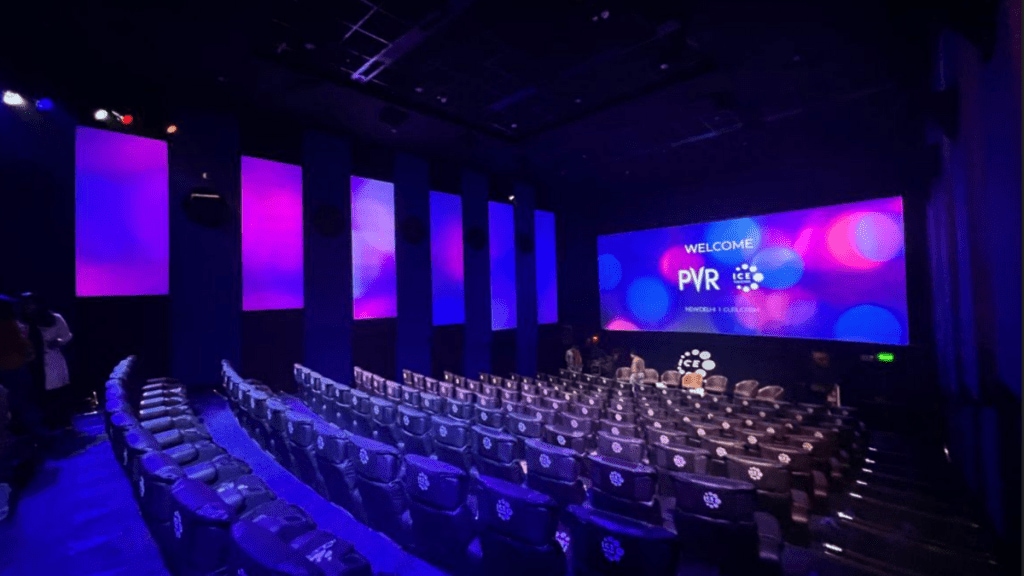The Bombay High Court has struck down Maharashtra government directives that barred cinema operators and digital platforms from charging convenience fees for online ticket bookings.
The ruling comes as a significant relief for key players like BookMyShow and PVR, whose pricing models rely on digital convenience charges as a core revenue stream. The bench, comprising Justices M.S. Sonak and Jitendra Jain, ruled that the state’s orders, issued between 2013 and 2014, lacked statutory backing and violated the constitutional right to carry on business.
“The government’s orders prohibiting the collection of convenience fees on online bookings have no basis in the Maharashtra Entertainment Duty Act,” the court said, adding that the restrictions infringe on Article 19(1)(g) of the Constitution, which guarantees the right to carry out trade or business.
BookMyShow, operated by Big Tree Entertainment, and PVR Ltd. had jointly challenged the state’s orders, arguing that the ban interfered with legitimate commercial practices and hampered digital innovation in consumer ticketing.
Implications for digital ticketing and brand strategy
The ruling reinforces the legitimacy of convenience fees as part of the user experience strategy for digital platforms in the entertainment space. For BookMyShow, one of India’s leading event and cinema ticketing brand, the decision secures a key monetisation lever in a market where margins on base ticket prices are thin.
“If a customer finds it convenient to book online and pay a nominal fee, the state cannot restrain platforms from offering that option,” the bench said, affirming the commercial rationale behind tech-enabled ticketing services.
The court also cautioned against government overreach into operational aspects of private enterprise. “If business owners are not permitted to determine the various facets of their business (in accordance with law), economic activity would come to a grinding halt,” the judges noted.
The verdict is likely to set a precedent for other digital platforms across events, travel, and F&B that operate on convenience-fee-based models. It also underscores a broader shift in the judicial approach toward supporting platform economics and the business of digital-first consumer experiences.
For cinema chains and event organisers, the ability to charge for digital convenience may also influence promotional and pricing strategies, including bundling of tickets with food, merchandise, or experiences, a growing area of brand engagement and revenue diversification.
